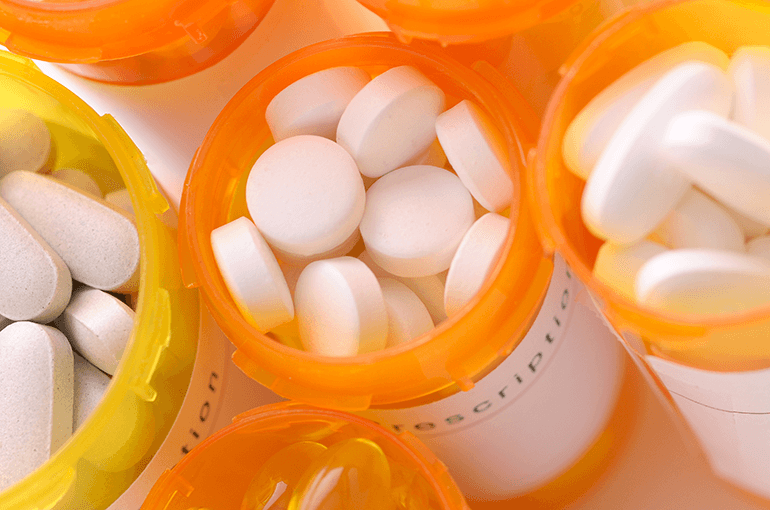Why you would have a cardiac MRI
A cardiac MRI scan is done using an MRI machine. The machine uses magnetic and radio waves to show detailed pictures of the inside of your heart. You may have a cardiac MRI to help look for:
Cardiac MRI scans also look at the blood supply to your heart. They can help your doctor look for:
Preparing for a cardiac MRI
The strong magnets used during the scan can affect metal in your body. Let the MRI department know as soon as possible if you have any of the following:
- a medical implant, such as a pacemaker or implantable cardiac defibrillator (ICD), reveal device or loop recorder (heart monitor)
- coronary stents
- heart valve surgery (mechanical valve replacement)
- any other metal in your body.
Most people with a medical implant, such as a pacemaker or ICD, can have an MRI scan. It’s important for your doctor to check your device before you have the scan.
You should also let the hospital know if you:
- are scared of small spaces (claustrophobia)
- are pregnant or think you might be pregnant
- have COPD or asthma and use inhalers
- you have a history of kidney disease, see contrast agent (dye)
- weigh more than 102kg (16 stone).
MRI machines may not be available at every hospital so you may have to travel to a different hospital for your scan.
On the day of the scan, you can prepare by:
- removing electronic devices and any debit or credit cards from your pocket
- taking off any metal objects such as belts, jewellery, piercings, watches and hearing aids
- avoid using oils or lotions on your skin
- avoid smoking.
You may need to shave your chest before you arrive if it’s particularly hairy because sticky pads will be put on your chest to check your heart rate.
You can usually eat and drink normally and continue to take your regular medication before the scan, unless you’ve been told not to. Sometimes, you will be asked to avoid caffeine for a short time before the scan.
Don’t worry about forgetting to do any of these things as they will be checked several times throughout your stay.
During a cardiac MRI
- The scan will last 15 to 90 minutes, and you won’t feel any pain. Here is what you can expect during the test:
- You’ll be asked to lie on a bed, which moves inside a tunnel-shaped scanner. The scanner is open at both ends.
- You’ll be asked to lie still while the scan is taking place and you may be asked to hold your breath for a short amount of time.
- You may have a small device on your chest or tummy to help get clearer pictures.
- A blood pressure cuff may be put on your arm to check your blood pressure during the procedure.
- The scan can last for up to 90 mins, but there’s a buzzer you can press if you need to speak to the person operating the scanner (radiographer).
- The scanner is quite noisy. You might be able to hear loud tapping sounds during the scan. You can usually have earplugs or listen to music with earphones.
Tell your doctor before the test if you’re scared of small spaces. You may be given a mild sedative to help you relax.
This video gives you an idea of what to expect, it may not be the same at every hospital.
Babies and young children
Babies and young children may be given an anaesthetic before having an MRI scan. This is because it’s important to stay still during the scan.
If your baby or child needs to have a cardiac MRI scan you may feel worried about what this means, and what to expect during the test. Your doctor can give you more information about what will happen. You can also call our Heart Helpline to speak to one of our cardiac nurses.
Contrast agent (dye)
You may have an injection of dye (contrast agent). This makes the images of blood flow to your heart show up more clearly on the scan. The dye will be injected into a vein in your arm on the same day as your MRI scan. After the scan, you will usually need to drink plenty of fluids to help the dye come out of your body through your pee.
Your doctor will give you more information about this.
If your kidneys are not working well, the dye used during the scan could cause further damage to your kidneys. Your doctor may take a blood test before the scan to check your kidney function and explain the risks and benefits to you. In some cases, the amount of dye used might be reduced. Rarely, you may need some fluids through an intravenous ‘drip’ in your arm before the MRI scan if you have kidney problems.
Cardiac MRI stress test
Your doctor may ask you to have a cardiac MRI stress test. This is a test that looks at how well your heart works when it has to work a bit harder than usual.
A cardiac MRI stress test is different from an exercise ECG, or stress test, which looks at how your heart works when exercising. During an MRI stress test you will be given medicine through a vein in your arm which speeds up your heart rate. This shows how your heart works under pressure (like exercising). A radiographer, or cardiac radiographer, will be with you during the test.
The test is safe and painless. You may feel some effects from the medicine, such as shortness of breath and a sudden hot flush feeling. The medicine is only in your system for a short amount of time, so these effects stop shortly after the medicine has been given.
After a cardiac MRI
You will not usually need to stay in hospital overnight after a cardiac MRI. You should be able to go back to your normal activities straight away.
Some exceptions to this are:
- If you’ve been given a sedative, you will need to be taken home by a friend or relative. You will be told not to drink alcohol, drive or operate machinery for 24 hours.
- If you’ve been given an injection of dye (contrast agent), drink plenty of water for 24 hours after your scan to help flush the dye out of your body.
Usually the doctor who arranged the scan will discuss the results with you when they’re ready and a report will be sent to your GP.
Many people feel worried or anxious during this time. There is no right or wrong way to deal with these feelings, everyone is different. Continuing with everyday activities, such as going to work or spending time with loved ones or pets can be a welcome distraction. You may find it helpful to talk with your partner, family or a close friend.
More information and support
If you need more information or just want to talk to someone, we’re here for you:



